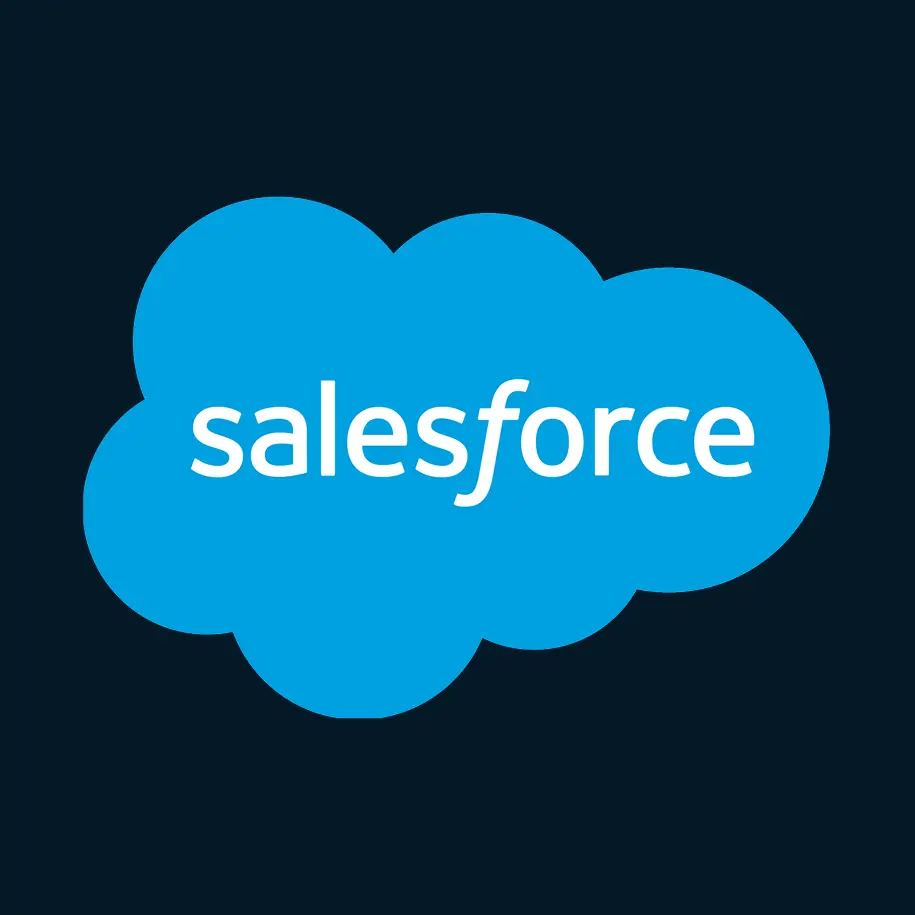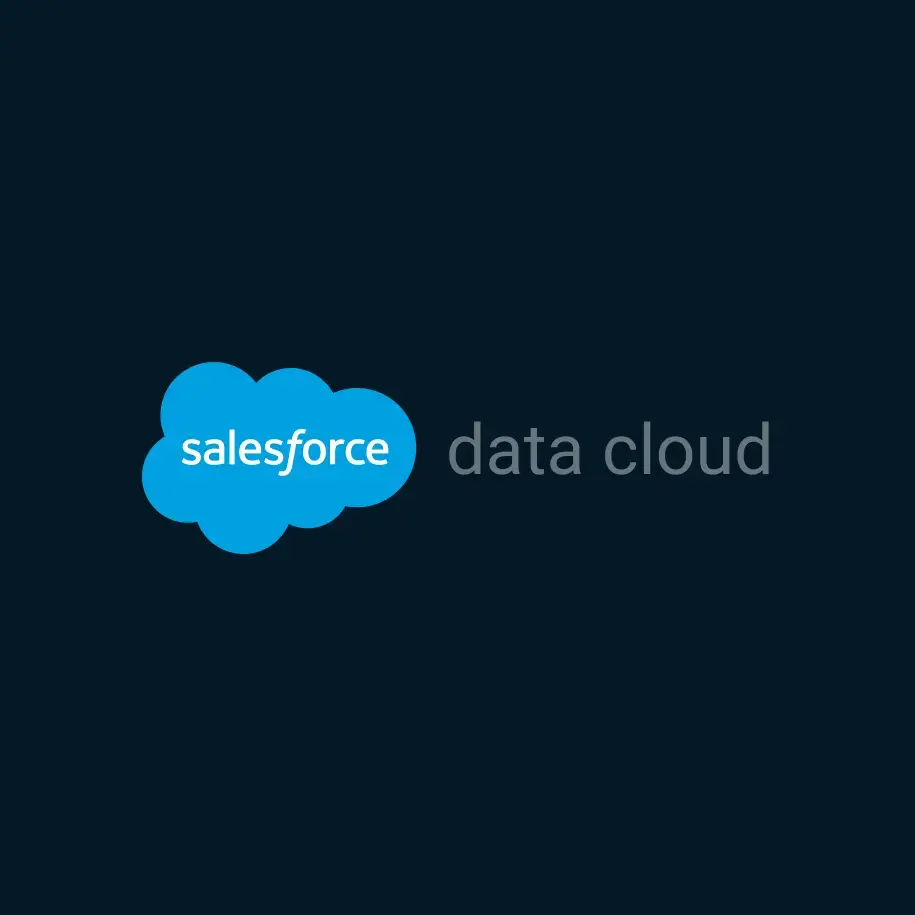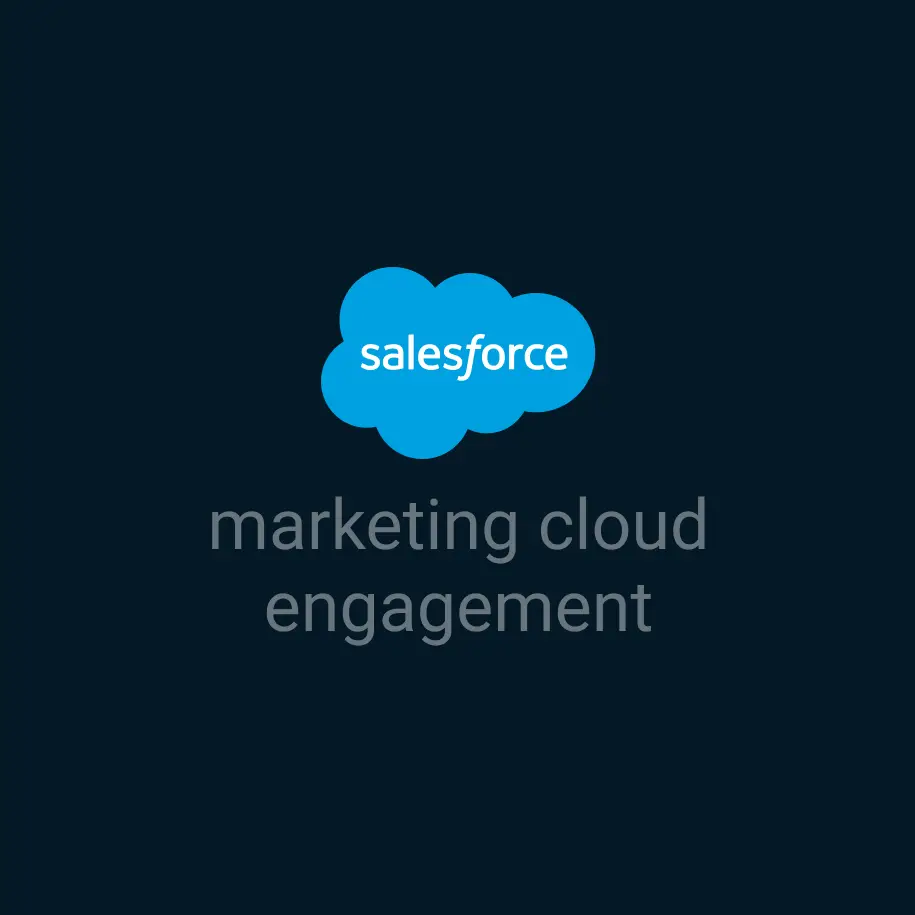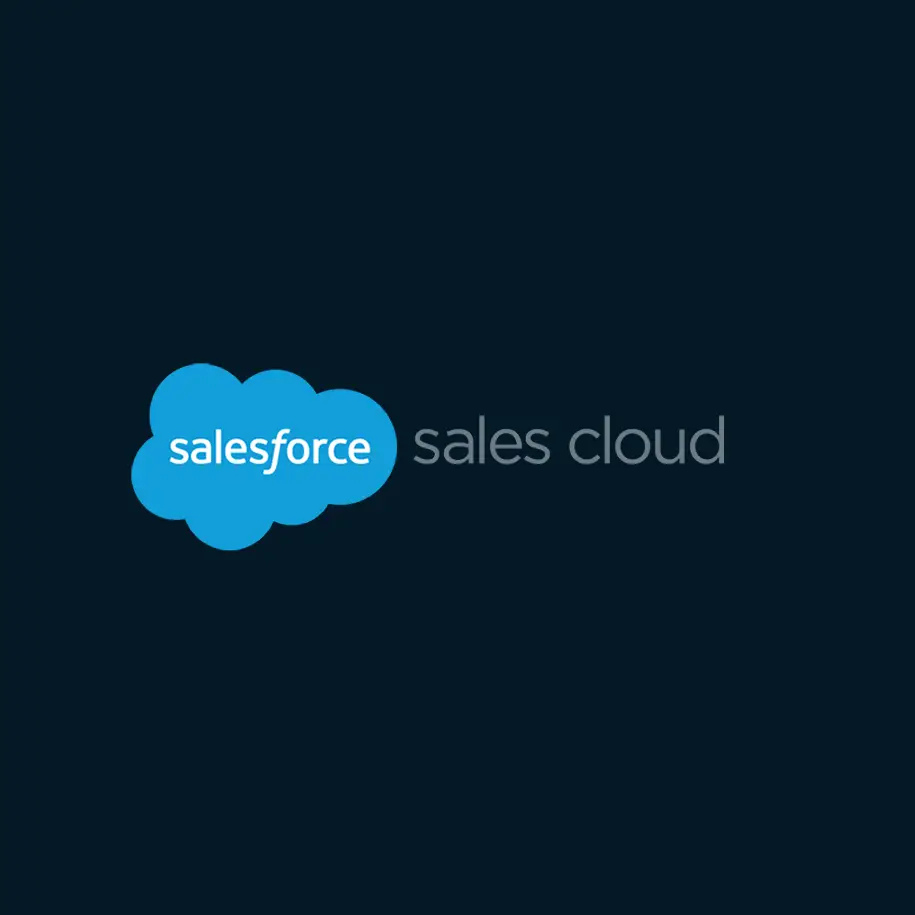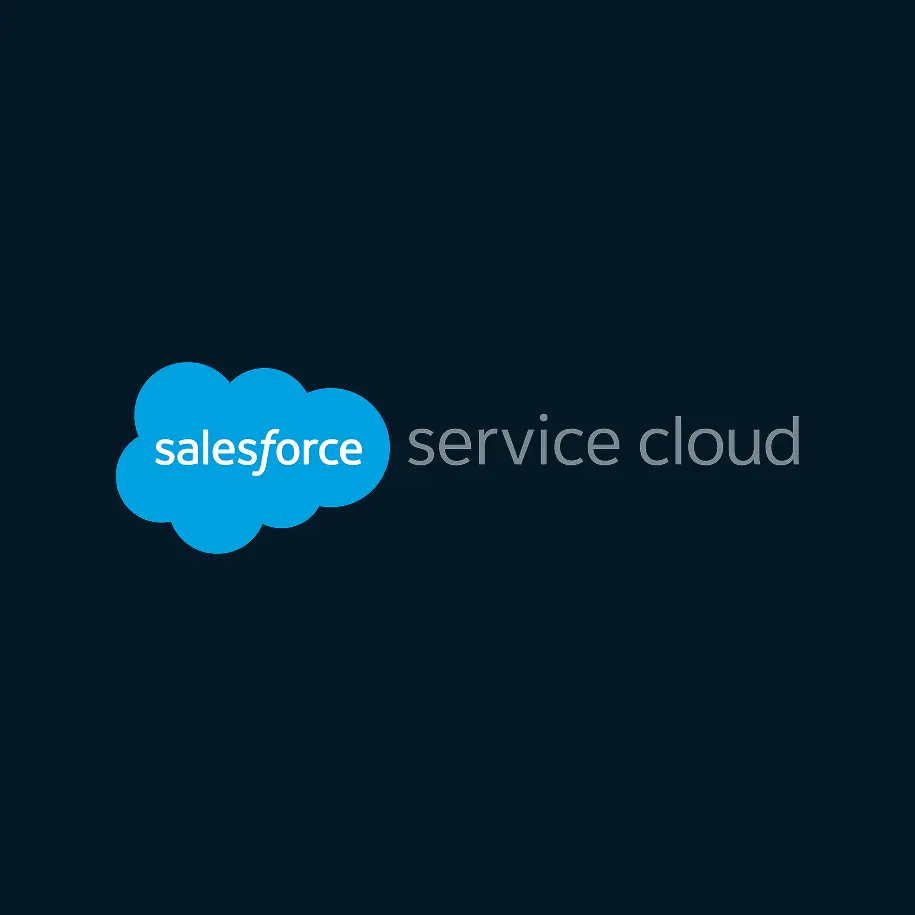
Will AI Agents Replace Humans?
Let’s be honest. Every few months, someone announces this is it — AI is finally going to replace us all.
The latest version of that story comes from Salesforce’s Agentforce launch. These “AI agents” can reason, connect to your data, and even take action on their own.
If you work in revenue operations, that sounds both exciting and a little terrifying.
But before anyone panics, let’s slow down.
What’s Actually Going On
Salesforce describes Agentforce as a way to “combine data, reasoning, and action.”
That means an agent can read information, make a choice, and then actually do something — update a record, send a message, move a case.
Sounds amazing, right?
It is. But it’s not magic.
These agents only do what you tell them to do, based on the data you already have.
If your Salesforce org is messy, those agents will make the same mistakes your people make — just faster and more consistently.
So, no, this isn’t “robots taking over.” It’s more like “robots finally doing the parts of the job we hate.”
Humans Aren’t Going Anywhere
I’ve spent years in RevOps, and I’ve yet to meet a bot that can handle an executive who changes their mind mid-quarter or a deal that requires reading the room.
AI doesn’t do nuance. It doesn’t understand company politics, context, or emotion.
Salesforce themselves admit that these agents are built to assist, not replace. (Here’s their take)
So, what will likely happen?
AI will handle the repetitive stuff — cleaning data, updating fields, routing tickets. Humans will handle everything that involves strategy, judgment, and conversation.
In Revenue Ops terms:
AI does the plumbing. Humans design the house.
What This Means for Revenue Operations
If you’re leading a RevOps team, this shift actually plays right into your hands.
Here’s what to focus on now:
1. Get Your Data in Order
Clean data is everything.
These agents depend on it. If your records are incomplete, inconsistent, or full of duplicates, the AI won’t save you — it’ll just amplify the mess.
Salesforce has a solid Data Management Best Practices Guide. It’s worth a read before you touch automation.
2. Decide Who Does What
Be clear about what belongs to humans and what belongs to agents.
For example:
- An agent can update lead status and assign ownership.
- A human should decide if the lead’s even worth pursuing.
The clearer those boundaries are, the fewer surprises you’ll have later.
3. Build Guardrails
You need to know who’s watching the watchers.
When an agent takes an action, who reviews it? Who steps in if something breaks?
Governance isn’t exciting, but it’s what keeps the system from quietly going off the rails.
4. Train Your People
The real risk isn’t AI replacing humans — it’s humans not learning how to work with AI.
Your team doesn’t need to become engineers, but they do need to understand how the tools make decisions. That’s the new operational literacy.
So, Should We Be Worried?
Not really.
Every big technology wave has the same pattern: fear, resistance, and then adoption.
AI is following that same path. We’ll automate the tedious work first. Then we’ll realize humans are still the ones who see the big picture — who connect dots, build relationships, and fix the stuff that no machine understands.
What’s coming next isn’t replacement. It’s redistribution.
Less manual entry. More problem-solving.
Fewer late-night uploads. More time spent thinking strategically.
At Revenue Ops LLC, this is exactly what we help teams figure out — how to blend automation with human expertise so the system actually works for the people using it.
AI agents aren’t taking your job.
But they are changing it.
The teams that thrive will be the ones who lean in early, get their data right, and learn how to manage both humans and agents under one roof.
That’s the future of RevOps — not robots replacing us, but helping us finally focus on the work that actually matters.

